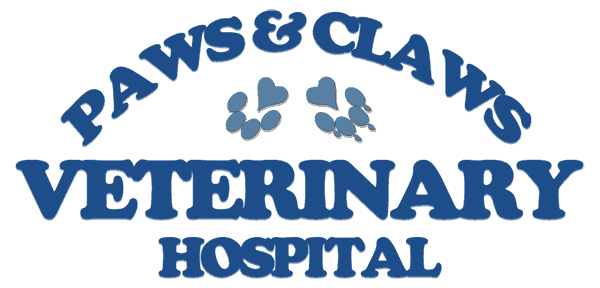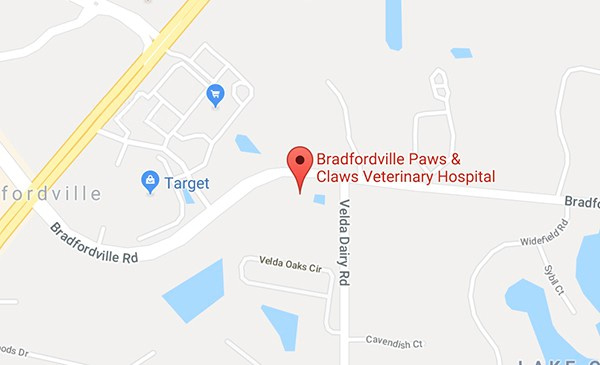What to expect:
Like cats and dogs, our Avian companions require routine veterinary care. Many veterinarians recommend annual checkups and may suggest more frequent checkups (up to twice a year) for early detection and treatment of many common avian diseases. It is recommended to schedule an exam immediately after you acquired your pet. His or her first visit will include a thorough physical exam where the doctor will record your pets’ weight, appearance and mobility as well as suggest potential diagnostics to determine if your pet bird is harboring any diseases or parasites that may require treatment. You can also expect to discuss your pets housing environment, feeding schedule and how the pet is handled. Because avians are easily stressed, especially during handling, our Doctors may suggest doing a more thorough exam while your pet is sedated. Healthy birds can typically handle short gas anesthesia without complications.

Diagnostics:
Blood tests: Our team is able to preform blood tests. Your doctor may order a Complete Blood Count (CBC) to look at both red and white blood cells as well as thrombocytes – This can offer some insight into the overall health and well-being of your pet. Blood tests can also aid in sex determination as well as examine the overall function of your companion’s organs
Fecal examinations: Your vet may want to obtain a fecal sample. This will allow for the detection of parasites and/or worms that can affect your pet’s overall health.
Gram stains: Gram stains allow for close examination of the cloacal and choanal regions of avians. These stains are used to identify the presence of abnormal bacteria and yeasts. Based on the results of the Gram stain, additional tests may be necessary to determine the types of bacteria and yeast via a culture and sensitivity test. This test determines the ideal treatment approach for the diverse strains in bacterial and yeast infections.
Radiographs/x-rays: Using radiological diagnostics, your doctor can visualize the size, shape and position of your birds organs which can detect masses, tumors, fluid accumulation, granulomas and any abnormalities in the bones or joints.
Surgical Procedures: Although we are equipped to handle most emergencies and can do many surgical procedures, our doctors reserve the right to refer your pet to a specialist for complicated procedures and or high-risk patients

